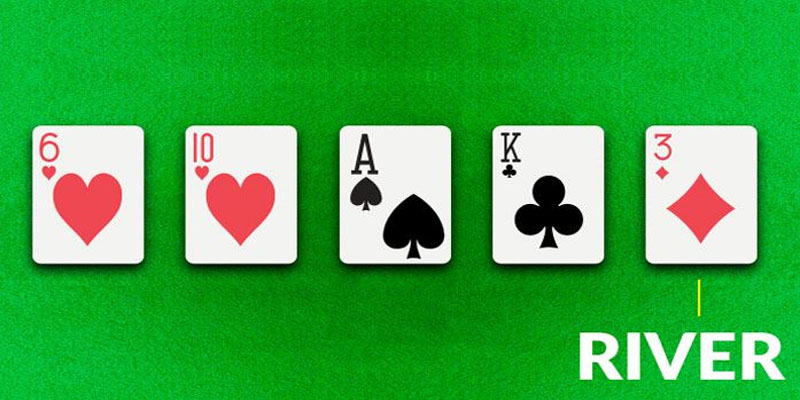River play decision-making is a pivotal aspect of poker that can significantly affect the outcome of your game. Understanding how to master this critical phase of play can be the difference between winning and losing, especially in high-stakes games where every chip counts. In this blog post, we will explore various strategies, tactics, and common pitfalls associated with river play decision-making, helping you elevate your poker game to a whole new level.
Introduction to River Play Decision-Making
In poker, the river refers to the last community card dealt, and it plays a crucial role in determining the winner of a hand. The decisions you make during this stage can either solidify your winnings or lead to costly mistakes. River play decision-making involves evaluating your hand strength, understanding your opponents’ potential hands, reading the board, and weighing the risks and rewards of your options, especially when playing on platforms like 789WIN
Making the right decision during the river can be complicated, especially under pressure. However, by familiarizing yourself with the essential strategies and common pitfalls, you will enhance your ability to make informed choices that align with your overall game plan.
What is River Play in Poker?
The term “river” in poker denotes the fifth and final community card that is dealt face-up on the table. This card concludes the round of betting, allowing players to make their final moves based on the complete set of information available. River play encapsulates all the actions taken after the river card is revealed, leading to the showdown where players reveal their hands.
River play is where the stakes often feel the highest. Players weigh their potential hand strength against the risk involved in continuing to bet or calling an opponent’s raise. This stage can also be filled with psychological warfare, as players attempt to bluff or feign weakness to manipulate their opponents’ decisions.
Importance of Making the Right Decision on the River
One of the most critical aspects of river play decision-making is understanding the long-term implications of the choices you make. Deciding whether to bet, check, call, or fold can greatly impact your stack size and overall success in the game. A well-timed bet can extract value from weaker hands, while a check may induce a bluff from a more aggressive opponent.
Furthermore, the river is the last opportunity to maximize your winnings or minimize your losses before the hand concludes. If misplayed, you could lose a significant portion of your chips or fail to capitalize on a strong hand. As such, mastering decision-making at the river is essential for any serious player looking to improve their game.
Key Factors That Influence River Play Decisions
Several key factors contribute to effective river play decision-making. These include:
- Hand Strength: Your own hand’s strength relative to the board and potential hands your opponent might hold.
- Pot Odds: The ratio of the current size of the pot to the size of the bet you must call, which influences your expected value.
- Opponent Behavior: Observing and interpreting your opponents’ actions throughout the hand can provide insight into their likely holdings.
By analyzing these factors, you can develop a clearer strategy for your river play, increasing your chances of making profitable decisions.
Essential Strategies for River Play
Mastering river play requires a solid foundation of strategic thinking. Below are some essential strategies that can guide you through this intricate phase of the game.
Understanding Pot Odds and Implied Odds
Pot odds represent the relationship between the current size of the pot and the size of the bet you need to call. By calculating pot odds, you can assess whether a call is justified based on the likelihood of completing your drawing hand.
For example, if the pot contains $100 and your opponent bets $50, you face a $50 call to win a total of $150 (the original pot plus your opponent’s bet). This means your pot odds are 3-to-1. If you have a hand that has a reasonable chance of improving, then making the call becomes a viable option.
Implied odds, on the other hand, consider the additional money you expect to win if you hit your hand. This involves evaluating your opponent’s tendencies—such as if they are prone to bluffing or willing to call larger bets. If you believe that hitting your hand will allow you to extract more value than just the current pot, it can justify a call even if the immediate pot odds are not favorable.
Conclusion
Mastering river play decision-making is a multifaceted endeavor requiring a nuanced understanding of the game. By leveraging sound strategies, avoiding common pitfalls, and exploring advanced techniques, you can elevate your poker skills significantly.


